Sodium Alpha Olefin Sulfonate AOS 35
Formula: RCH=CH(CH2)nSO3Na、RH(OH)(CH2)nSO3Na , n=14-18
Application
α-olefin sulfonate is a type of anionic surfactant processed by α-olefin gas-phase sulfonation and continuous neutralization. It has excellent emulsifying, decontaminating and calcium soap dispersing performances. Advantages include good solvency and compatibility, rich and fine foam, easy to biodegradation, low toxicity and low irritation to skin, etc. Especially in the application of non-phosphorus detergents, it has not only the good washing ability, but also good compatibility with enzyme agents. Powder (grain) shape products have good fluidity, therefore they are widely used in non-phosphorus washing powder, liquid detergents and home washing products, textile, printing and dyeing industry, petrochemical products, and industrial hard surface cleaning agents, etc.
Packages:
For 92% AOS, 25kg(n.w.) per sack.,packed in three in one plastic sack.
For 35% AOS, 200kg(n.w.) per plastic drum.
Sodium Alpha Olefin Sulfonate , an anionic surfactant with high foaming and good hydrolytic stability, has excellent hard water resistance, low toxicity, mildness, low irritation and good biodegradability. It is especially used in phosphate-free detergents.
Biodegradability
Among anionic surfactants, their biodegradability deteriorates in the order of AS>AOS>MES>AES>LAS>ABS.
The biodegradation rate and final biodegradation degree of AOS are significantly higher than that of LAS, which can be completely degraded and disappeared in 5-7 days in natural environment without polluting the environment. LAS, on the other hand, takes 20-22 days to degrade 100%.
Detergency
Phosphorus laundry detergent with anionic surfactants 16%, sodium tripolyphosphate 18%, soda ash and alkali and other components added according to the national standard requirements for laundry detergent. Laundry detergent in the national standard dirt cloth, bottle decontamination machine for decontamination experiments, to obtain the decontamination power from high to low order as follows
AES(EO=3)>AOS14-16>AOS14-18>K12>LAS
Phosphate-free laundry detergent with anionic surfactant 18%, 4A zeolite 20%, soda ash and effervescent soda, polymer and other components were added according to the national standard requirements for laundry detergent. Laundry detergent in the national standard dirt cloth, bottle decontamination machine for decontamination experiments, to obtain the decontamination power from high to low order as follows
AES(EO=3)>AOS14-16>AOS14-18>K12>LAS
Application of laundry detergent
Stain removal tests showed that LAS and AOS showed better synergistic effects in both phosphorus-containing and phosphate-free powders. The synergistic effect of LAS: Sodium Alpha Olefin Sulfonatewas most significant at 8:2 in laundry detergent containing phosphorus. In the phosphate-free laundry detergent with LAS and Sodium Alpha Olefin Sulfonate as anionic active components, Sodium Alpha Olefin Sulfonate showed significantly higher detergency when the proportion of anionic active components was greater than 20%, and the synergistic effect of Sodium Alpha Olefin Sulfonate was more prominent in the phosphate-free detergent than in the phosphate-containing powder.
Sodium Alpha Olefin Sulfonateand enzymes have good compatibility. When comparing the residual enzyme activity in detergent solutions containing domestic and imported proteases (e.g. Savnase), the residual enzyme activity was lower in detergent solutions where the anionic active component was pure LAS over time, and higher in detergent solutions where LAS was partially or fully replaced with Sodium Alpha Olefin Sulfonate.
There was little difference between the decontamination of Sodium Alpha Olefin Sulfonate and LAS at higher temperatures and long washing times (e.g., above 60°C and 1 hr of washing). However, the detergency of Sodium Alpha Olefin Sulfonate was higher than that of LAS when washed at room temperature (10-40℃, 10-29 minutes). Compared with LAS AOS is more resistant to hard water, thus showing the advantage of Sodium Alpha Olefin Sulfonate more in areas with high hard water.
LAS has superior detergency for oil/granular, while non-ionic such as fatty alcohol ether is best for washing dusty skin dirt, and the two are compounded to obtain good detergency, while Sodium Alpha Olefin Sulfonate has good detergency for both sebum dirt and oily and powdery dirt.
Containing 4A zeolite, alkali and soda ash and other additives phosphate-free laundry detergent washing fabric after the amount of ash deposits on the fabric is worth noting. Sodium Alpha Olefin Sulfonate part of the phosphate-free laundry detergent instead of LAS than LAS alone, the amount of ash deposited on the fabric after washing is small, not easy to plate, yellowing. (Reference recipe omitted)
Application of soap
Soap generates insoluble soap scum in hard water, which affects the stain removal effect. The addition of Sodium Alpha Olefin Sulfonate can make soap solubility in water increased, soap in low temperature wetting power and lathering power also increased rapidly. Adding Sodium Alpha Olefin Sulfonate to soap with sodium fatty acid as the main ingredient, the soap’s various properties are improved, with increased foaming power, increased resistance to hard water, increased flexibility, and less likely to crack. Reference formulations are as follows.
Recipe Soap base AOS AES flavoring coloring, titanium dioxide
1 97.8 3.5 / 0.5 Adequate
2 96.8 / 4.5 0.5 Adequate
Liquid detergent application
Due to the high irritation of LAS, many detergents no longer use LAS as an active component, while AOS is a more suitable alternative due to its low irritation and good biodegradability. In liquid detergents Sodium Alpha Olefin Sulfonate has a large impact on the viscosity of the product. The effect of using commonly used fatty alcohol diethanolamide and Na-Cl to improve the viscosity is not very satisfactory, and using fatty alcohol monoethanolamide, amine oxide, betaine and NH4Cl can play a good role in increasing viscosity. AOS has wide application in liquid detergents with high active components because of its characteristics in stain removal, hard water resistance and viscosity. Reference formulations are as follows (dishwashing detergent).
Formulation LAS AES AOS 6501 EDTA polymer Antiseptic, fragrance Water
1 6 .8 6.8 6.5 3.0 0.2 0.3 Adequate balance
2 8.5 2.0 8.5 3.5 0.2 0.9 Adequate Balance
Personal care applications
The mildness of AOS is comparable to that of AES, while LAS and AS are much more irritating than AOS. AOS is extremely stable under acidic conditions, and normal human skin is weakly acidic (pH 5.5 or so), which makes it suitable for use as a component in personal care products. Rinso reported that the foam released by AOS is rich and creamy, and has a soap-like feeling when washing. This characteristic is suitable for Chinese washing habits. Therefore, AOS can be used in personal care products such as bath soap, hand soap and facial cleanser. Reference recipe
Other applications
AOS is widely used in textile printing and dyeing industry, petrochemicals, tertiary oil recovery, industrial cleaning, etc. AOS can be used as concrete density improver, foam wall panel, fire fighting foam agent. It can also be used as pesticide emulsifier, wetting agent, etc.
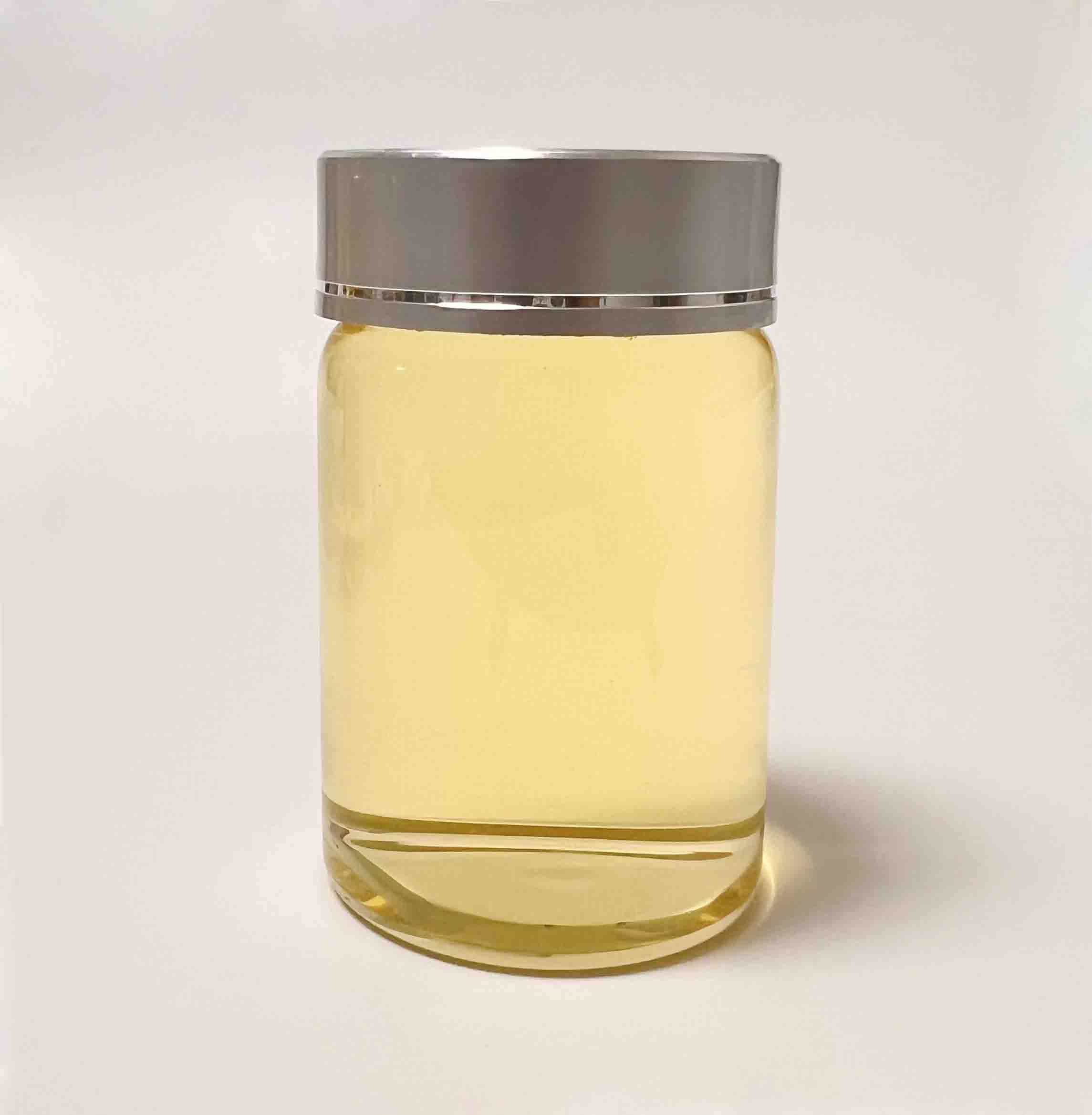
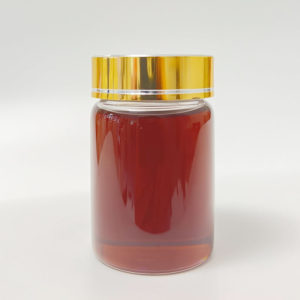
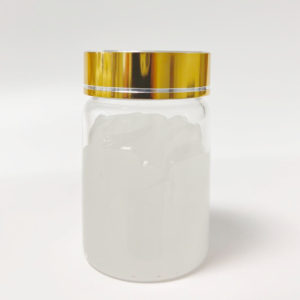
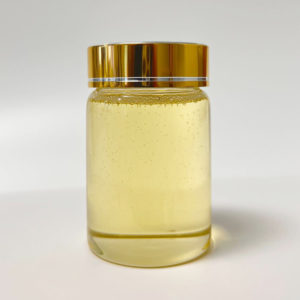
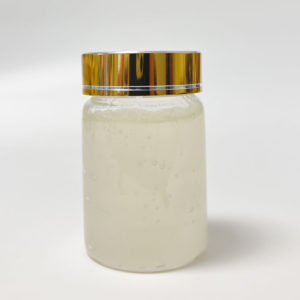
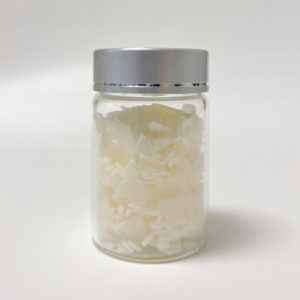
评价
目前还没有评价